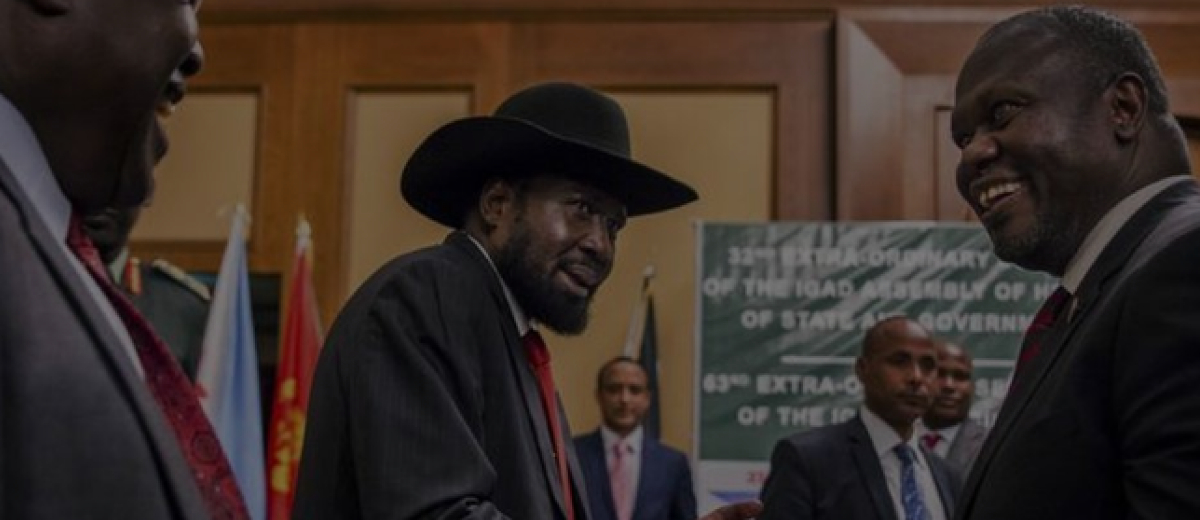
South Sudan has been the rock bed of civil unrest and thus, violation of human rights
South Sudan has been the rock bed of civil unrest and thus, violation of human rights has been a part and parcel of the fabric lives. In a recent resolution passed by the U.N. Security Council, the arms embargo has been extended for a year on South Sudan and a travel ban and financial sanctions for targeted individuals, with Russia, China and South Africa abstaining.
Hopefully, this decision would try and bring some semblance of peace and security to the war torn country. The resolution also aims to get the South Sudan’s leaders to finalise the establishment of the transitional national unity government that can then be fully functional to implement all provisions of the 2018 peace agreement, including allowing unhindered humanitarian access to deliver aid.
Amidst the corona virus outbreak, this has also been a huge matter of concern leaving children, pregnant women and elderly at risks of contracting the virus. While the government has been working at containing the spread of the virus, there have been reports about other human rights violations that also include “harassment and targeting of civil society, humanitarian personnel and journalists.” Further, there are reports about misappropriation of funds that undermine the stability and security of South Sudan as a whole.
An arms embargo is the starting point of maintaining the sanctity of human rights in South Sudan. According to Amnesty International’s director for east and southern Africa, Deprose Muchena, “The human rights situation in South Sudan remains dire as government forces, fighters of armed opposition groups as well as armed youth continue to violate human rights on a daily basis.” Human rights groups similar to those like Amnesty International have reports to confirm that many civilians continue to be killed and displaced from their homes, girls as young as eight have been gang-raped, and human rights defenders and journalists continue to be harassed and intimidated.
General level of animality is sure to be contained once access of arms is stopped and the youth can be constructively moved to employment opportunities. It is confirmed that the passed resolution will extends the arms embargo and the targeted sanctions until May 31, 2021. However, it also authorizes a mid-term review of the measures by Dec. 15, 2020, if the need so arises. The resolution passed expresses the council’s readiness to consider adjusting the sanctions, “including through modifying, suspending, lifting or strengthening measures to respond to the situation.” The effectiveness of the resolution will remain questionable. In the past, such UN resolutions have been ignored. South Sudan continued to receive arms from its neighbours from various countries worldwide. The earlier embargo was the result of years of lobbying by domestic and international groups in an effort to stem the flow of weapons that are being used against civilians. But faction groups with Sudan have continued to flout them and harm civilians physically, socially and psychologically.







